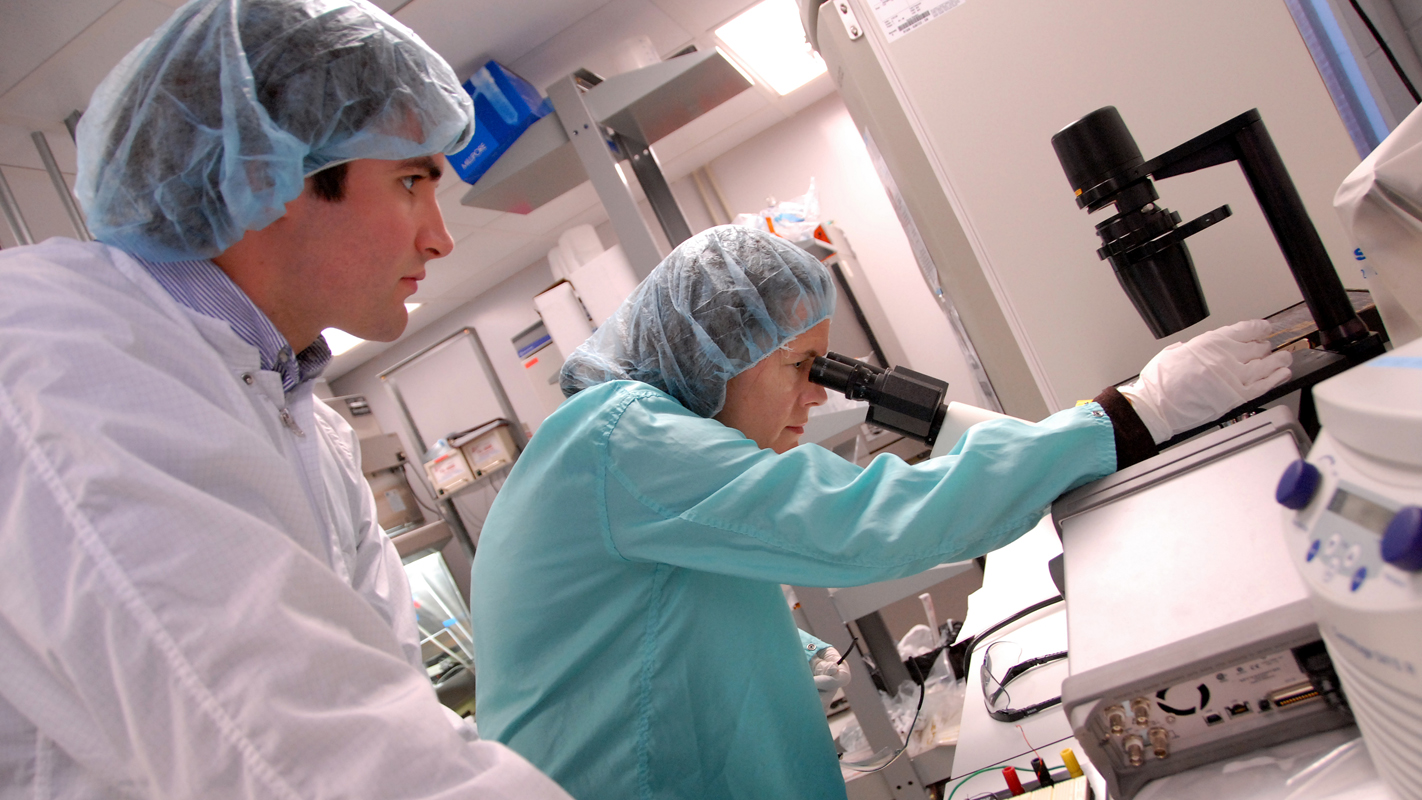The Devil’s in the Details: More Research Needed to Address Synthetic Biology Security Concerns

A new paper examines security risks and policy questions related to the growing field of synthetic biology. While the author doesn’t think the field is ripe for exploitation by terrorists, it does highlight significant gaps in our understanding of the nuts and bolts of lab work in synthetic biology that can contribute to security risks.
“The driving question here is whether terrorists can easily draw on published synthetic biology research to develop new bioweapons,” says the paper’s author, Kathleen Vogel, a biochemist/social scientist at NC State who focuses on biosecurity issues. “The policy community is engaged in a long-running debate on how and whether synthetic biology should be governed or regulated to protect public well-being without stifling science and innovation.”
Synthetic biology involves the design of new biological components, devices or systems that don’t exist in nature, or the redesign of existing natural biological systems. Synthetic biology aims to make biological systems work more efficiently or to design biological tools for specific applications – such as developing more effective antibiotics.
To address the security question, Vogel looked at how easily synthetic biology results could be replicated. Specifically, she looked at how technological advances diffuse and are adopted through the lens of what she calls “revolution” and “evolution” frameworks.
The revolution framework argues that new discoveries can be easily replicated once published, assuming that the information and relevant materials are available. The evolution framework argues that new discoveries aren’t necessarily easy to replicate – even if the information and materials are available – because there are a host of skills, work experiences, and broader contextual factors in scientific work that can be difficult or impossible to convey solely via the scientific literature. In other words a lab needs to be able to draw on particular types of expertise to replicate findings published in a journal.
To get a better understanding of lab practices, protocols, and training, Vogel interviewed experts in synthetic biology disciplines that are relevant to biosecurity. Vogel’s questions didn’t focus on the security aspects of the research, but on all of the things the researchers needed to know in order to do their work in the lab.
“Based, in part, on these interviews, the revolutions framework comes up short,” Vogel says.
Vogel found that even experienced specialists in subdisciplines often had trouble replicating findings in their fields – making it unlikely that nonexperts could use a journal article as a step-by-step blueprint for creating bioweapons.
But while looking at the “revolution versus evolution” question, Vogel identified two major gaps in the literature on synthetic biology practices and their security implications.
First, Vogel found that there has been very little research on the actual hands-on labor and training required to replicate a variety of synthetic biology experiments.
“We need this information – policy makers need this information – if we want to accurately characterize security risks associated with any synthetic biology findings,” Vogel says.
Second, as synthetic biology moves from a purely scientific discipline into the marketplace, researchers need a better understanding of how and where synthetic biology findings will be used.
“What market forces will come into play?” Vogel asks. “How will products be developed? How will the public respond? If we want to consider regulatory safeguards without unnecessarily limiting innovation, we need to be able to answer these and related questions.”
The paper, “Revolution versus evolution?: Understanding scientific and technological diffusion in synthetic biology and their implications for biosecurity policies,” was published online Oct. 13 in the journal BioSocieties. Some of the research was previously supported by Ploughshares Fund.
- Categories:


